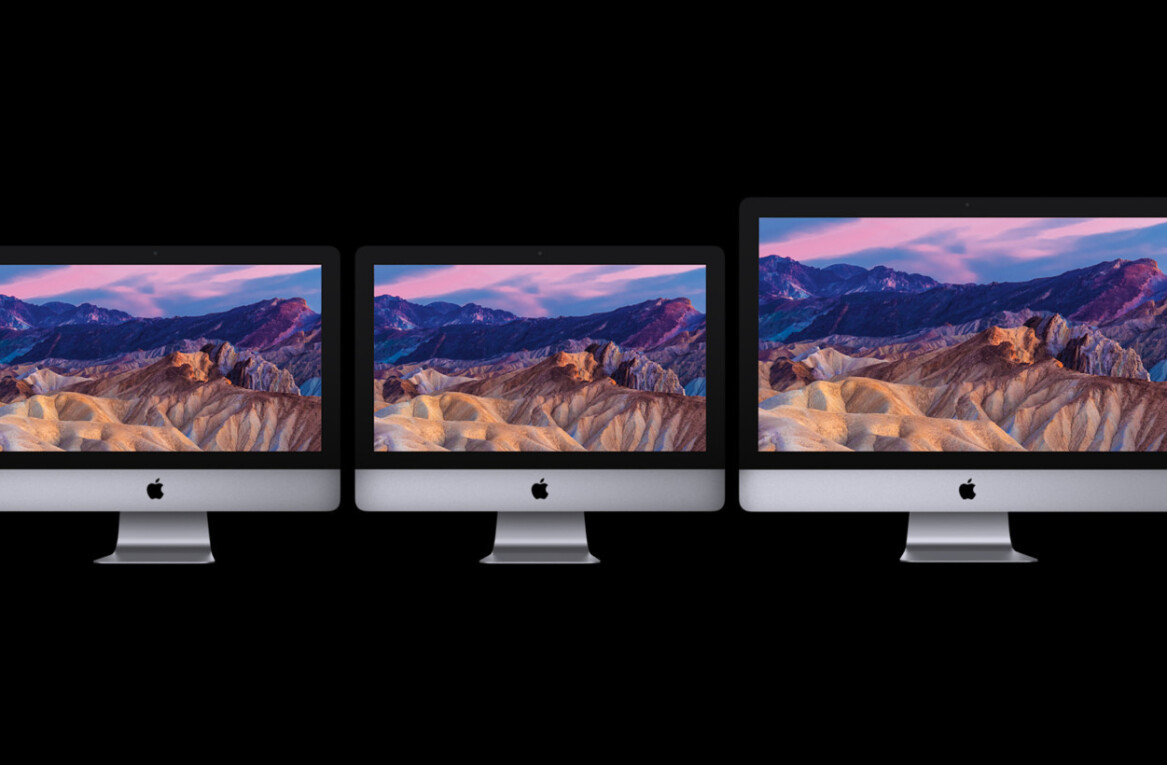
I’m here at the WWDC conference in San Francisco and now that the Keynote speech is over and the dust has had time to settle, developers are beginning to explore the ways that they can implement the new features of iOS 5 and Lion.
Tinging the conversations I’ve been having with developers in and around the conference is a palpable sense of excitement about the massive array of changes Apple has brought to its mobile OS. It’s a sweeping set of changes to iOS, easily the largest batch we’ve seen since the introduction of the iPhone in 2007. Despite the excitement though, there is a common thread of subdued, yet gnawing worry over the way that the Lodsys patent case will play out over the next few months.
A major update
Speculation about what Apple would announce during the kickoff to the conference was the dominant discussion in line before the event and most developers seemed to be much more excited about the idea of new software rather than any mystery hardware that might rear its head at the last minute. As we now know, the Keynote was focused entirely on Apple’s two operating systems and the accompanying data service iCloud.
With some 1,500 new API’s for developers to play with and a few very base level changes, which I’m not allowed to disclose, to the way that certain code frameworks apply, app developers have their work cut out for them over the next few weeks until iOS 5 becomes available to consumers in the fall.
Many of them have already begun to either implement new features or recompile their apps using the new version of Apple’s developer toolset Xcode to test for compatibility issues. As they discover bugs or quirks of the new iCloud services they will have to tune and tweak until their products are ready for the launch of iOS 5 and the likely release of a new version of the iPhone.
Many of the developers that I’ve spoken to have said that they would be looking to support iOS 5 only as soon as possible because the new features are so compelling. This is a luxury that developers for Apple’s platforms have that are denied Android devs that have to compromise because of OS version fragmentation across devices.
Legal uncertainty
Amid excited discussions about the possibilities presented by painless syncing of data through iCloud and ways to integrate features of iOS 5 like Notifications Center and iMessages, many conversations inevitably turned to the way that Apple was handling the claims by patent holding company Lodsys that many developers using an in-app upgrade model would need to pay them a percentage of their profits due to licensing.
While Lodsys claims that it owns those patents and that developers are not licensed to use them, Apple says that it has already paid for the licensing through one of its blanket patent deals and that developers are free to use those concepts in their apps without fear of legal reprisal. Lodsys predictably took issue with this and has refused to stop pursuing legal action, filing suit against many developers.
This issue isn’t going away any time soon. It has the potential to severely disrupt the money machine that is the App Store and to remove the ‘freemium’ model from the App Store vocabulary entirely. I’ve discussed the issue with developers and even teams whose products are unaffected in the short term by the lawsuit because they don’t use the in app purchase model have their concerns.
If even one developer caves and decides to pay Lodsys their percentage, a precedent is set for all of the other developers, allowing Lodsys to gain traction when it comes to pursuing its claims. Many of the developers affected feel as if they’re on borrowed time as well. Without the resources to fight these suits they are basically waiting for Apple to take another, perhaps more decisive action, or to just give in and pay the relatively small percentage because it is the option that makes the most monetary sense.
There is also a lot of talk about the possibility of the Lodsys litigation attempts being a shell game, with another field of players simply watching to see how this works out before descending on small developers for violating obscure patents. Regardless, the number of developers affected by this may actually be larger than we think as some developers like LithiumCorp’s James Wilson have been seeing a notice pop up in iTunes connect asking if developer’s apps have had legal issues.
This was quickly debunked by Tapbots Paul Haddad, who identified the message as a way to prevent older apps that may have legal restrictions like copyright claims, or were pulled from the App Store as a result of a previous lawsuit, from appearing in the list of previously purchased applications available for users to download from iCloud in iOS 4.3.3 and, of course, iOS 5.

Even though it seems to have had a relatively benign conclusion, the incident exemplifies the general feeling of jumpiness surrounding any topics of legal action against app developers. This is a major issue and one that, if addressed properly, would go a long way towards restoring the feeling of comfort that developers have previously had in producing products for the App Store.
Cautiously optimistic
Despite the dangers to developers posed by Lodsys the general feeling is that Apple has delivered a huge treasure trove of new tools and frameworks for developers to play with to make their apps even better. The level of excitement for iOS development is at an all-time high with WWDC selling out in 10 hours and some attendees lining up late Sunday afternoon and camping out all night just to get a seat at the Keynote.
Much of the current wave of enthusiasm is based on the belief that Apple will respond again, perhaps this time with more force, to the claims of Lodsys. Apple, for its part, has shown a reluctance to make any snap responses to the matter and will likely consider the implications carefully before making another. As long as it is definitive enough to comfort developers, this should be a banner year for iOS software.
Get the TNW newsletter
Get the most important tech news in your inbox each week.






